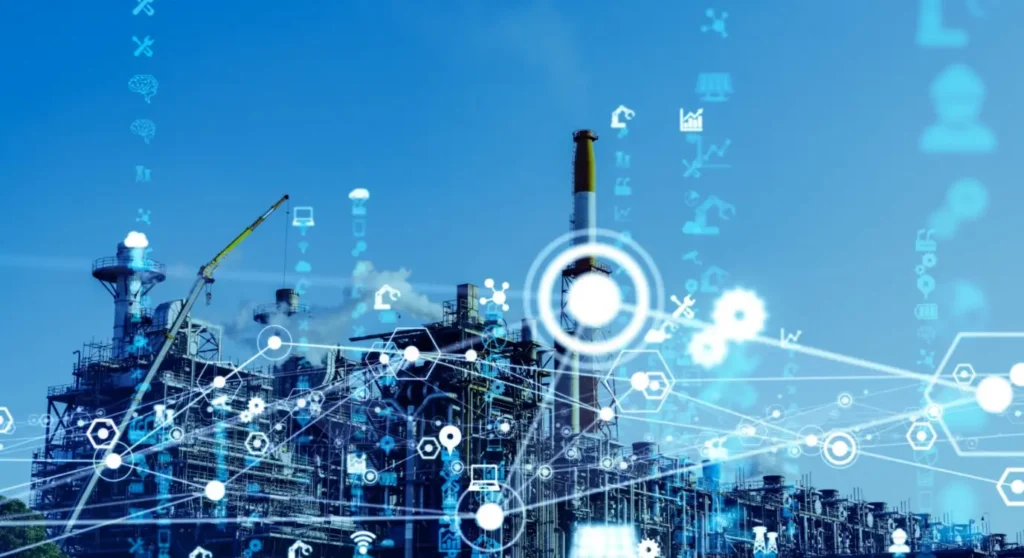Sustainability and Smart Factory: how AI helps manufacturing companies produce greener
Sustainability and Smart Factory: how AI helps manufacturing companies produce greener
In the era of Industry 4.0, sustainability has become a priority for manufacturing companies. The integration of Artificial Intelligence (AI) into Smart Factories represents a significant breakthrough in reducing the environmental impact of industrial operations. This article will explore how AI can make manufacturing more sustainable and efficient, contributing to a greener future.

AI and energy efficiency in smart factories
One of the key contributions of AI to sustainability is through energy efficiency optimization. Machine learning algorithms can analyse vast datasets in real time, identifying patterns of energy consumption and suggesting improvements. For example, AI can automatically adjust the use of machines to minimize energy consumption during periods of low activity, reducing waste and lowering operating costs. This approach not only helps the environment, but also improves business profitability.
Reducing waste through predictive maintenance
Another crucial aspect of the smart factory is predictive maintenance, made possible by Artificial Intelligence. IoT sensors connected to machinery continuously collect data on its performance. AI analyses this data to predict failures and wear and tear, enabling timely and targeted maintenance interventions. This significantly reduces material waste and the need for frequent replacements, contributing to more sustainable production.
Supply chain optimization with AI
The supply chain represents another area where AI can make a difference in sustainability. Machine learning algorithms can optimize logistics processes, reducing CO2 emissions through more efficient management of resources and transportation routes. AI can also improve demand forecasting, reducing unnecessary inventory buildup and minimizing waste. This leads to a greener and more responsible supply chain aligned with companies’ sustainability goals.
Innovation and development of sustainable products
Finally, AI plays a key role in innovation and the development of more sustainable products. AI can analyse data from different stages of the product lifecycle, from conception, production, consumption, and then to recycling. This enables companies to design products that are not only efficient and functional, but also eco-friendly. Using recycled materials and optimizing manufacturing processes to reduce emissions are just a few examples of how AI can contribute to a circular economy and a greener future.
In conclusion, the adoption of Artificial Intelligence in smart factories is a step toward more sustainable manufacturing. Companies like Intellico are at the forefront of developing innovative solutions that help businesses reduce their environmental impact, improve operational efficiency, and contribute to a greener future for all. With their experience and expertise in AI and advanced technologies, Intellico supports companies in transforming their operations towards sustainability by offering cutting-edge tools and services.
